Description
ABSTRACT
Scope of Consent in Data Collection and Processing under the Nigerian Laws
Kingsley Ibe* and Omotosho Ibrahim**
The high level of human-human or human-machine interactions in the present age warrants an inevitable data exchange. Very sensitive data are given out, collected and processed, sometimes even without giving some thought to the sensitivity of the data. Therefore, data privacy and protection laws are necessary to regulate the exchange of data for the security of data subjects. Some of these laws provide for the consent of a data subject as a pre-condition to collecting or processing personal data. However, some other laws do not make consent of the data subject a precondition for data collection or processing. This paper affords an exposition of the consent model in the various data privacy/protection laws and regulations in force in Nigeria. It finds that some laws that jettison the consent model may be justified under the Constitution of the Federal Republic of Nigeria, 1999 (as amended). In other cases where the consent model is adopted, data subjects may still be at risk because many people, out of illiteracy, desperation, sheer laziness or other factors, consent to collecting and processing their personal data without being given due thought to its implications. The paper exposes the inconsistencies in adopting the consent model in the different laws and regulations, particularly, the Nigeria Data Protection Regulation, 2019 (NDPR), the most comprehensive data protection framework in Nigeria. It admonishes that the proposed Data Protection Bill gives some thought beyond the consent model to ensure adequate protection of the rights of data subjects.
Keywords: Consent, data privacy, data protection, data processing, privacy.
INTRODUCTION
The present age has witnessed a tremendous rise in the volume of online transactions and interactions. These activities involve collecting and using data, some of which are very sensitive and personal. Such data include name, address, GPS location, fingerprint, picture, bank details, health status, etc. Such sensitive data/information may endanger the owner if accessed by ‘bad people’ or misused, which may occasion the loss of life and property.
However, exchanging and using these data is indispensable as modern-age transactions and interactions cannot be effective without it. In fact, part of the effect of the Covid-19 pandemic and the attendant lockdown and restriction of movement in several countries is that people and businesses were forced to deploy electronic means in carrying on their businesses, including meetings and social events.
*LLB, BL, Associate, Olaniwun Ajayi LP.
** LLB, BL. Currently an LLM Candidate at the American University Washington College of Law, Washington DC.

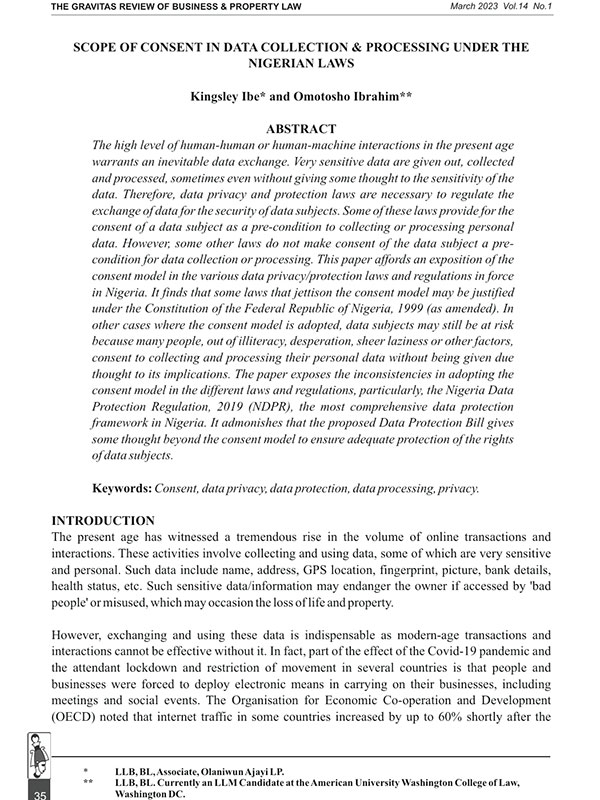
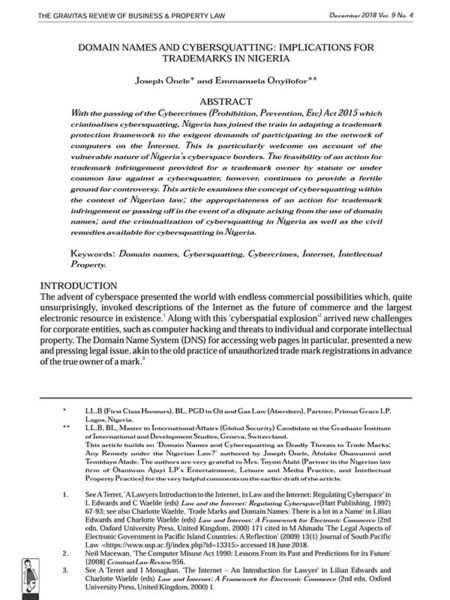
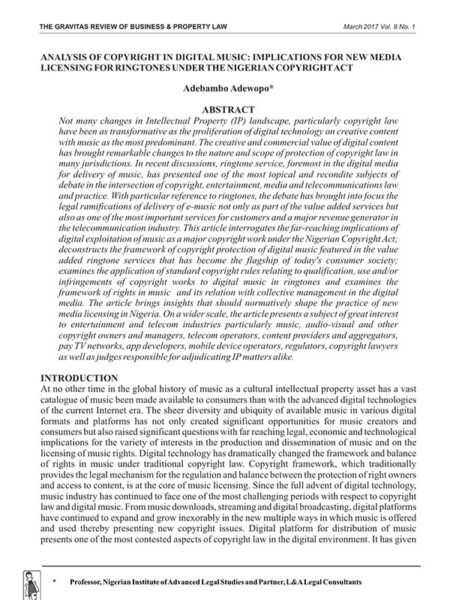
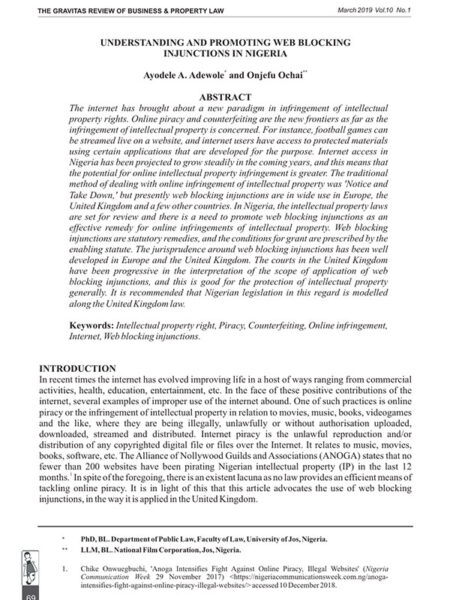
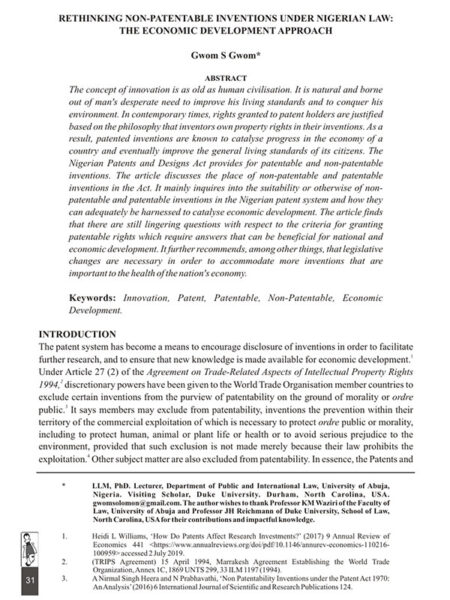


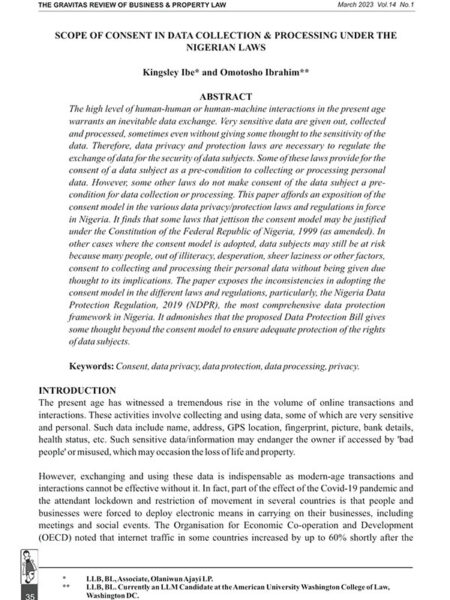
Reviews
There are no reviews yet.